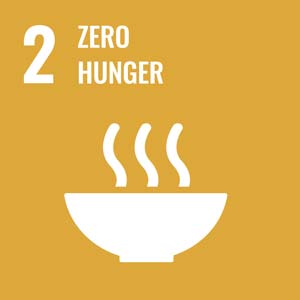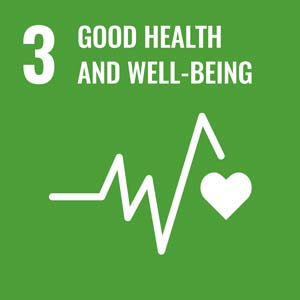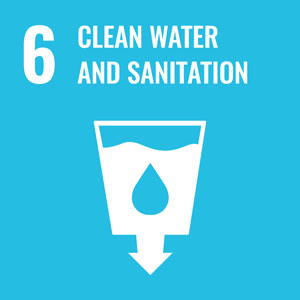Who They Are:
Malnourished children in Africa are those who suffer from inadequate nutrition, leading to stunted growth, weakened immune systems, and increased susceptibility to diseases. This group includes infants, toddlers, and young children living in impoverished conditions with limited access to nutritious food, clean water, and healthcare.
Where They Are:
Malnourished children are prevalent across various regions of Africa, particularly in rural areas and urban slums where poverty rates are high. They are often found in communities affected by food insecurity, drought, conflict, and inadequate healthcare infrastructure.

How we reach and support them
How we offer them support






Short-Term: Immediate interventions such as therapeutic feeding, medical treatment, and emergency relief to address acute cases of malnutrition and prevent further deterioration of children's health.
Long-Term: Sustainable interventions including nutrition education, healthcare infrastructure development, and advocacy for policies that address the root causes of malnutrition to create lasting impact and improve the well-being of children in Africa.





